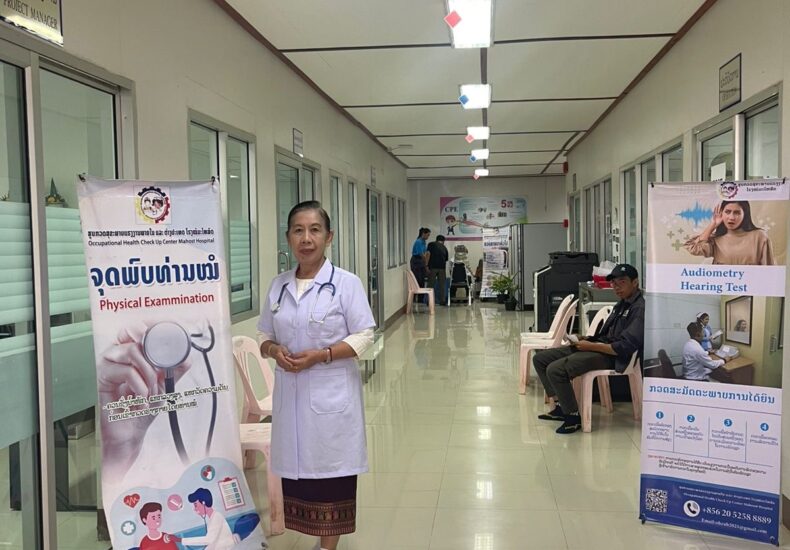
Essential Health Tips for Travelers to Laos
Travelers visiting the Lao People’s Democratic Republic (Laos) should take certain health precautions to ensure a safe and enjoyable stay. While Laos offers rich cultural experiences and beautiful landscapes, the healthcare system, hygiene standards, and environmental conditions may differ significantly from those in other countries. Below are key health tips to help foreign visitors prepare for their trip.
1. Vaccinations and Pre-Travel Health Checks
Before traveling, it is recommended to consult a travel health clinic or medical professional. Commonly advised vaccinations for Laos include Hepatitis A, Hepatitis B, Typhoid, Tetanus, and Japanese Encephalitis, particularly for those staying in rural areas. Routine immunizations such as MMR (measles, mumps, rubella) should also be up to date.
2. Drinking Water Safety
Tap water in Laos is not considered safe to drink. Visitors should consume only bottled water with a sealed cap or water that has been properly boiled or filtered. It is also advisable to avoid ice in drinks unless it is confirmed to be made from purified water.
3. Food Hygiene
Travelers are encouraged to eat freshly prepared and thoroughly cooked food. Street food is popular and widely available, but caution should be taken. Avoid raw or undercooked meats, unwashed fruits and vegetables, and foods that have been left sitting at room temperature. Fruits that can be peeled are generally safer choices.
4. Mosquito Protection
Laos is a tropical country where mosquito-borne diseases such as dengue fever and malaria may be present. Using mosquito repellent containing DEET, wearing long-sleeved clothing during the evening hours, and sleeping under mosquito nets in non-air-conditioned rooms are effective preventive measures.
5. Access to Medical Care
In major cities such as Vientiane and Luang Prabang, there are international clinics and hospitals where English-speaking medical staff may be available. However, medical facilities in rural areas are often limited. For serious conditions, medical evacuation to Thailand is a common practice. Travelers should ensure they have valid travel insurance that includes emergency medical coverage.
6. Medication and Health Supplies
Bringing a personal health kit is highly recommended. This may include basic medications such as paracetamol, antihistamines, oral rehydration salts, and any prescription medicine required during the stay. While pharmacies are available in urban areas, access to specific medications may be limited in smaller towns.
You may also like
Archives
Categories
- Attractions
- Bars & Party
- Car Rentals
- City Guides
- Cost of Living
- Cultural Events
- Culture
- Education
- Events & Activities
- Expat Life
- Food & Drink
- Getting Around
- Healthcare
- Housing & Accommodation
- Language Guide
- Legal Tips
- Living in Laos
- Local Cuisine
- Local Holidays
- Nature & Adventure
- Public Transport
- Restaurants
- Safety Tips
- Street Food
- Tips & Resources
- Transportation
- Travel Guides
- Travel Tips
- Uncategorized
- Visa Requirements
- Visas & Legal